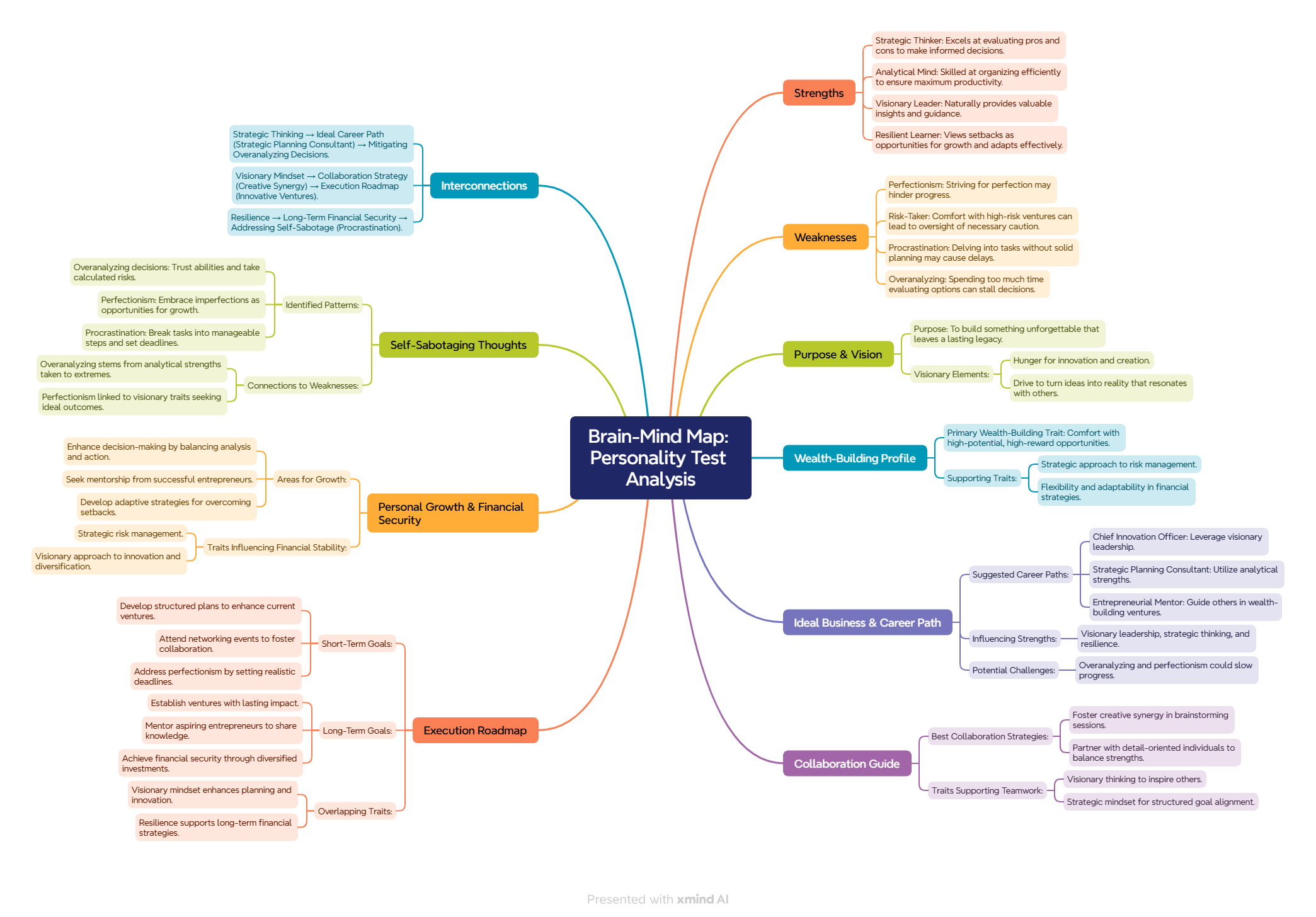How Hydration Influences Physical Performance

Proper hydration serves as a fundamental component of athletic performance and physical exertion. The human body is composed of approximately 60% water, underscoring its critical role in various physiological processes. When hydration is inadequate, the body can experience significant performance decrements, making it essential for athletes and anyone engaging in physical activities to maintain optimal fluid levels.
Dehydration can adversely affect muscular function, leading to decreased strength and endurance. As water is necessary for the transport of nutrients and the elimination of waste products, insufficient hydration can result in an accumulation of metabolic byproducts, hindering muscle recovery and growth. Studies indicate that even mild dehydration, defined as a loss of 1-2% of body weight, can reduce physical performance, contributing to increased fatigue and decreased overall energy levels.
Staying adequately hydrated has a direct impact on improving athletic performance and efficiency during workouts. When the body is well-hydrated, it can regulate temperature more effectively, maintain cardiovascular health, and support joint lubrication. Whether participating in endurance events like marathons or high-intensity workouts, appropriate fluid intake is crucial for sustaining energy levels and enhancing exercise capacity.
Moreover, fluid intake should be strategically tailored surrounding physical activities. Pre-exercise hydration helps prepare the body for exertion, while hydration during exercise is vital for sustaining performance. Post-exercise, replacing lost fluids supports recovery and allows for optimal muscle function. Different types of activities may necessitate varying hydration strategies; for instance, long-distance runners may require more electrolyte-rich fluids, whereas those engaging in strength training may focus on pure water intake.
In essence, prioritizing proper hydration is indispensable for anyone aiming to maximize their physical performance and overall wellness. By understanding the critical link between hydration and performance, individuals can adopt informed strategies that support their fitness objectives.
The Connection Between Hydration and Mental Health
Hydration plays a crucial role not only in physical health but also in mental well-being. Research has shown that inadequate fluid intake can adversely affect cognitive functions, mood regulation, and emotional resilience. When the body is dehydrated, it can lead to feelings of fatigue, decreased concentration, and increased irritability. A clear connection exists between hydration levels and various psychological conditions, including anxiety and depression.
Several studies highlight that even mild dehydration can impair cognitive performance. Specifically, tasks requiring attention, memory, and motor skills are particularly affected. This decline may be attributed to the way dehydration alters neurotransmitter levels and brain activity. For instance, hydration influences the balance of serotonin, a neurotransmitter linked to mood stability. Thus, insufficient fluid intake could contribute to feelings of unease and anxiety.
Moreover, stress levels can also fluctuate based on hydration status. Lack of adequate fluids can increase cortisol levels, the hormone associated with stress, leading to an exacerbation of both physical and mental stressors. Conversely, proper hydration helps maintain stable cortisol levels, promoting a sense of calm and improved mental clarity.
To support mental health through hydration, individuals should aim to consume a variety of fluids throughout the day. Besides water, beverages such as herbal teas and fruit-infused waters can contribute positively to overall fluid intake. Additionally, consuming water-rich foods, like fruits and vegetables, also enhances hydration. It is essential to listen to the body’s signals and drink fluids consistently, rather than waiting until thirst strikes, which can be a late indicator of hydration needs.
In summary, establishing effective hydration practices not only fortifies physical health but also supports mental health, enhancing overall well-being in daily life. Prioritizing fluid intake can potentially yield significant benefits for mental acuity and emotional stability.










